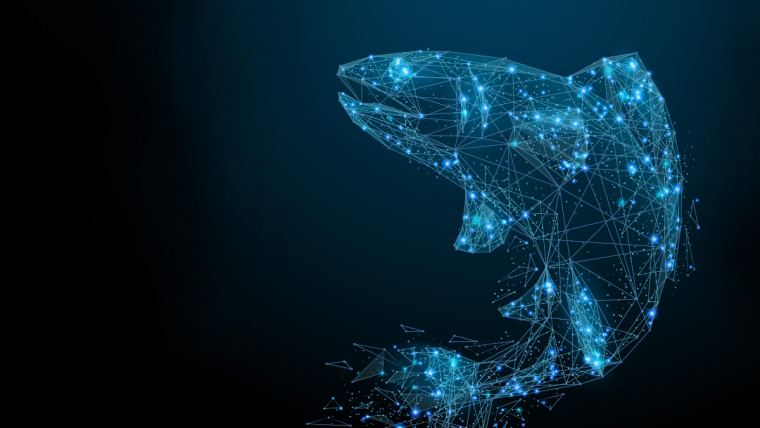Innovations in Fish Farming: Embracing Technology for Enhanced Productivity

Aquaculture is evolving rapidly, with technology playing a crucial role in increasing efficiency, sustainability, and profitability. As fish farming continues to meet rising global demand for seafood, adopting innovative tools can help farmers optimize resources, improve fish health, and maximize yields. RFisheries Nigeria is at the forefront of this transformation, integrating modern solutions to enhance aquaculture productivity.
1. Automated Feeding Systems
One of the key advancements in fish farming is the use of automated feeding systems. Traditional manual feeding methods can result in feed waste and inconsistent nutrition. Automated feeders, equipped with sensors and timers, ensure precise feeding schedules, reducing waste and improving feed conversion ratios. These systems also allow farmers to remotely control feeding via mobile applications, minimizing labor costs and ensuring fish receive optimal nutrition.
2. Water Quality Monitoring Sensors
Maintaining the right water quality parameters is essential for fish health and growth. Poor water conditions can lead to stress, disease outbreaks, and lower survival rates. Advanced water quality sensors now enable real-time monitoring of critical parameters such as oxygen levels, temperature, pH, and ammonia concentration. These devices provide instant alerts when conditions fluctuate beyond safe thresholds, allowing farmers to take corrective actions promptly.
3. Data Analytics and AI for Farm Management
Artificial intelligence (AI) and data analytics are revolutionizing aquaculture management. Smart fish farms utilize AI-powered software to analyze feeding patterns, fish growth rates, and environmental conditions. Machine learning algorithms can predict disease outbreaks and recommend adjustments in feeding or water management to enhance efficiency. This data-driven approach allows farmers to make informed decisions that boost productivity and profitability.
4. Recirculating Aquaculture Systems (RAS)
Recirculating Aquaculture Systems (RAS) are gaining traction as a sustainable alternative to traditional open-pond farming. These systems continuously filter and recycle water, reducing dependence on external water sources while maintaining optimal fish-growing conditions. RAS minimizes environmental impact, conserves resources, and supports higher stocking densities without compromising fish welfare.
5. Internet of Things (IoT) and Smart Farm Integration
The Internet of Things (IoT) connects various aquaculture technologies into a centralized system, providing seamless farm management. Smart cameras, automated aeration systems, and cloud-based platforms enable remote farm monitoring and control. Farmers can receive alerts, generate reports, and track fish growth from anywhere in the world, ensuring efficiency and proactive farm management.
The Future of Aquaculture in Nigeria
With Nigeria’s growing aquaculture sector, integrating these innovations will not only enhance fish farming productivity but also contribute to food security and economic development. RFisheries Nigeria is committed to leading the industry by implementing cutting-edge solutions that improve efficiency, reduce operational costs, and promote sustainable farming practices.
As technology continues to evolve, the future of aquaculture lies in embracing smart farming techniques that ensure profitability while preserving the environment. By leveraging automated systems, data-driven insights, and modern water management strategies, Nigerian fish farmers can achieve greater success and make aquaculture a thriving industry in the region.
